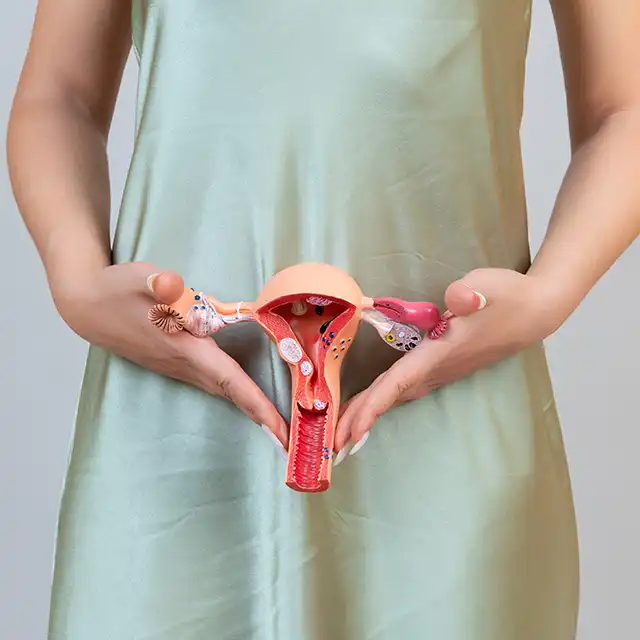
Lactose intolerance is a digestive condition in which a person is unable to digest lactose, a sugar that is present in milk and other dairy products. Though harmless, the condition can cause a lot of discomfort in the form of diarrhoea, excessive abdominal gas and bloating. While lactose is naturally found in milk, it can also be present in breads and baked foods, snacks, candies, ice creams and drinks.
Symptoms
A person who is lactose-intolerant will develop symptoms within a few minutes to hours after consuming foods or drinks containing lactose. These symptoms include:
- Severe bloating
- Excessive passing of gas (flatulence)
- Stomach cramps and pain
- Diarrhoea
- Nausea and sometimes vomiting
- Feeling sick
- Growling or rumbling sounds from the stomach
- A sudden urge to pass stool
- The severity of symptoms depends on the type and amount of lactose consumed. Some people can tolerate a little amount of milk and will show no symptoms, while in some it can trigger severe symptoms after having even a small amount of milk in their tea or coffee.
Causes
Lactose intolerance is caused when a person’s body does not produce enough of an enzyme (lactase) that helps digest lactose. Lactase is released by cells (microvilli) present in the small intestine, which break down lactose into simple sugars glucose and galactose that can be absorbed into the bloodstream.
When a lactose-intolerant person consumes any foods containing lactose, the small intestine fails to break it down. As it moves to the larger intestine, the bacteria residing there ferment the lactose to produce harmful chemicals and gases (carbon dioxide, hydrogen and methane) that disturb the functioning of intestinal microbes.
Based on lactase deficiency, the condition is divided into three types:
- In primary lactase deficiency a person’s body produces little or no lactase enzymes due to faulty genes inherited from parents. In this condition, infants can be lactose-intolerant from birth or can become intolerant as they are weaned off lactose-containing diet. The symptoms for this condition can go unnoticed till adulthood
- Secondary lactase deficiency develops because of an intestinal injury due to diseases such as Crohn’s disease and inflammatory bowel syndrome, or medications affecting the intestines such as drugs used for chemotherapy, or intestinal surgery
- As an individual ages, they can develop acquired lactase deficiency in which there is a normal decline in the body’s production of the lactase enzyme, making them lactose-intolerant
Diagnosis
The symptoms of lactose intolerance are very similar to those of inflammatory bowel disease (IBD), irritable bowel syndrome (IBS) and other intestinal diseases. Lactose intolerance may also be misunderstood as being an allergic reaction to milk and dairy products, which in some cases can be life-threatening. Therefore, it is vital to rule out the cause of lactose intolerance, establish a confident diagnosis and initiate needful therapy. Some of the diagnostic methods are:
- Physical exams to evaluate the relevant identifiers such as hearing abdominal sounds by stethoscope, etc.
- A suspected lactose-intolerant person stops eating foods containing lactose for two to three weeks to see if the symptoms subside and if they flare up after eating foods containing lactose
- A tolerance test can be taken in which a person consumes lactose syrup and then glucose levels in the blood are analyzed. A lactose-intolerant individual will have minimal to no rise in blood glucose
- A hydrogen test is done after an overnight fast in which a person has to blow into a bag allowing for a sample of breath to be analyzed for hydrogen. The person is then given glucose solution, and their breath is collected every 15 minutes for a few hours to analyze hydrogen levels. If the level of hydrogen exceeds 20 parts per million (ppm), the person is likely suffering from glucose intolerance
Treatment
Lactose intolerance can be controlled by limiting or altogether avoiding the intake of lactose-containing foods. Doing so may, however, increase an individual’s chances of developing vitamin and mineral deficiencies, especially vitamin D, which can be supplemented with the use of multivitamin pills. This becomes especially necessary in children and pregnant women.
Recommended daily calcium intake
| Age in years | Recommended dietary allowance of calcium (in milligram) |
| 1 – 3 | 500 |
| 4 – 8 | 800 |
| 9 – 24 | 1,300 |
| 25 and above | 800 – 1,000 |
| In pregnant and lactating women | 1,200 |
Source: https://gi.org/topics/lactose-intolerance-in-children/
Sources

















